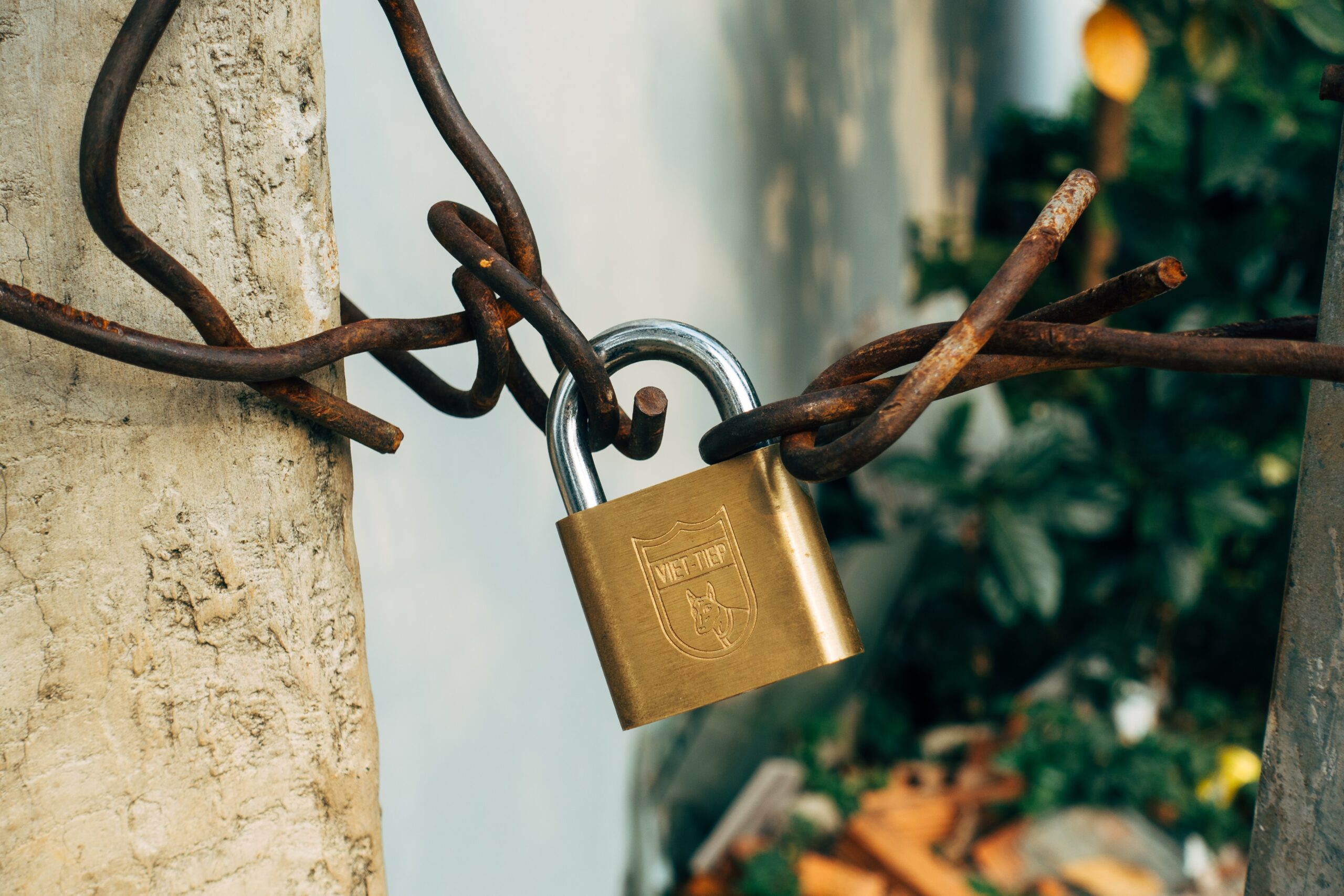“Privacy” and “Privilege” are two words that share Latin roots. Aside from that, they are entwined in the real (and digital) world, too. Alice E. Marwick and danah boyd state “the ability to achieve privacy often requires the privelege to make choices and create structures that make such freedoms possible.”
This week’s readings seemed to be in a sort of conversation with each other: one seemed to exemplify the type of behavior that the other warns against. “Privacy Is Completely And Utterly Dead, And We Killed It” seems to not only take on a very nihilistic view of privacy on the internet, but it also blames users of the internet for being the ones to erode privacy. A lot of the readings we’ve done so far, such as the ones on adhesion contracts, make it pretty obvious that standard users are not to blame for the erosion of privacy; companies and legislation have to do better. “Understanding Privacy at the Margins” makes some very direct arguments towards the thoughts in “Privacy is Completely and Utterly Dead…”, and that’s what I’d like to discuss here.
Lacking Privilege and Privacy
Jacob Morgan wonders in his Forbes article if privacy even matters anymore. We’ve touched on why it does, but “Privacy at the Margins” calls our attention to another fact: those who lack privilege often lack privacy as well. A few examples given in the piece alert us to the fact that people of color, LGBTQ+ people, low-income people, and those who are part of other marginalized groups experience privacy differently and therefore may experience different harms when it is violated. Furthermore, people in other countries face a sometimes entirely different set of privacy problems. Scholarship around privacy tends to focus on white, middle-class, straight people in America. It disregards the fact that low-wage workers often have their privacy violated just to work their job, that low income people in India have to deal with biometric data collection, among countless other examples.
Blaming the People
Morgan goes on to state “everyone that uses these technologies has signed away their privacy yet we still see people saying that they want more privacy,” referring to the fact that everything has a privacy policy that no one reads. Again, we’ve discussed that adhesion contracts are purposefully difficult to understand. Boyd and Marwick seem to be directly responding to people like Morgan when they state “journalists and technology leaders often use everyday people’s engagement with social technologies as ‘proof’ that people do not care about privacy. Yet, we have consistently found that people care deeply about privacy and develop innovative strategies to achieve privacy while participating in the systems….” (p. 1158). Today, people have little choice but to engage with technology. Getting a job requires technology. Going to school. Accessing government programs. We are forced to enter into these data-oriented systems, and “the privilege to ‘opt out’…is increasingly unattainable.”
“In fact it’s safe to say that if you want privacy then you probably shouldn’t be using the internet or own a cell phone,” Morgan says. I’d challenge him to try living just a couple of days without any internet or cell phone use. I think it’s safe to say he’d lose his job. He acknowledges this in his own article: “…many of the things we do and the tools we use are such a big part of our lives that we HAVE to use them today.” Still, though he admits that is the case, he still blames everyday people for privacy erosion. He acts, too, like it is hypocritical of us to demand better privacy AND transparency from corporations. Given the credentials in his bio, I think Morgan is more interested in the rights of corporations than those of internet users.
Are We Doomed? Is Privacy Really Dead?
It seems like going forward we have two choices. We can either accept that privacy is dead and that we now live in an open world or we can challenge this notion and continue to fight for privacy. The second option seems to be a bit of a paradox though.
-Jacob Morgan, “Privacy is Completely and Utterly Dead and We Killed it”
I don’t agree that fighting for privacy while continuing to use technology is a paradox. I also don’t believe that we should give up on privacy. Sure, there are not any “easy” solutions for privacy problems. It’s going to be hard work to fix things. That said, people are being affected by a lack of privacy. Giving up is not the answer.





Leave a Reply